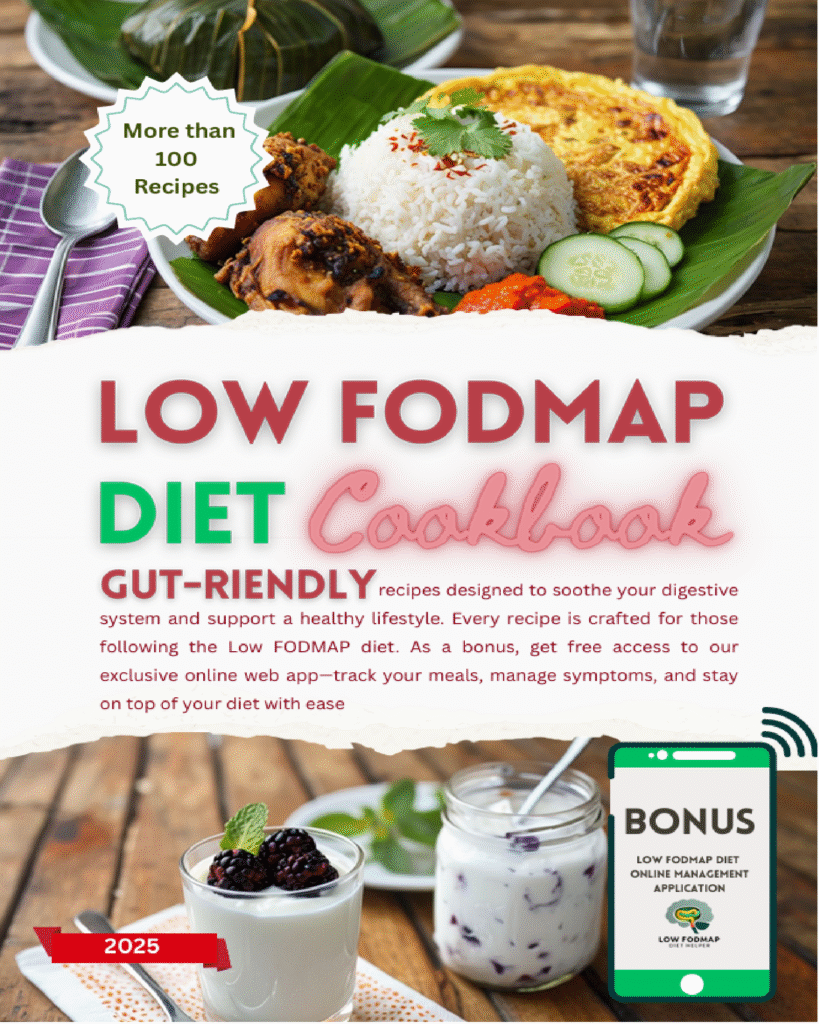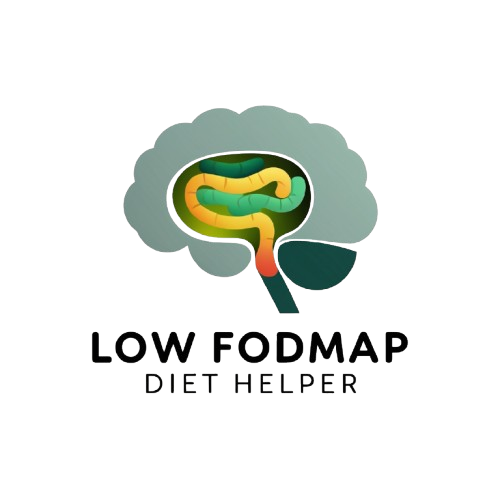Bloating is one of the most common digestive complaints, yet it’s often misunderstood. That uncomfortable swelling in your belly after meals or at the end of the day can be caused by various factors—from the foods you eat to how you eat them.

Let’s dive into the main causes of bloating and what you can do to relieve it.
1. Overeating or Eating Too Fast
Eating large portions or wolfing down meals can overload your digestive system. Swallowing air while eating too quickly also contributes to excess gas in the digestive tract, leading to bloating.
Fix: Chew thoroughly and eat smaller, balanced portions. Mindful eating helps.
2. Gas-Producing Foods
Certain healthy foods are notorious for causing gas. Beans, lentils, onions, cabbage, and carbonated drinks can all increase fermentation in the gut.
Fix: Monitor your intake of gas-producing foods. If you suspect your bloating is related to specific carbs like these, a Low FODMAP diet can be life-changing.
👉 Explore easy-to-follow FODMAP food swaps and symptom relief tools at LowFODMAPHelper.com.
3. Food Intolerances
Lactose, gluten, and fructose intolerances can cause bloating, cramping, and diarrhea. Your body struggles to digest these compounds, leading to fermentation and gas buildup.
Fix: Keep a food diary to track symptoms. An elimination diet or working with a nutritionist can help pinpoint the culprit.
🧑🍳 Recommended Resource:
Try the “Low FODMAP Diet Cookbook” – a beginner-friendly cookbook filled with gut-soothing meals. It’s perfect for identifying trigger foods while eating deliciously. Dont forget to use the promo code “lowfodmaphelper2025” at the chekout to get 75% off.

4. Constipation
When stool builds up in your colon, it blocks the normal passage of gas and fluids, causing your belly to feel hard and distended.
Fix: Increase fiber gradually, stay hydrated, and keep your body moving.
5. Hormonal Changes
Many women experience bloating before or during their menstrual cycle due to hormone fluctuations, especially progesterone and estrogen.
Fix: Magnesium-rich foods, herbal teas like peppermint or fennel, and light exercise can help reduce symptoms.
6. Gut Dysbiosis or IBS
An imbalance of gut bacteria or a condition like irritable bowel syndrome (IBS) can cause persistent bloating. This type of bloating often comes with cramping, changes in bowel habits, and fatigue.
Fix: A gut-healing protocol and a low FODMAP lifestyle often bring relief.
📘 Want step-by-step guidance? Download this free“Low FODMAP Guide for begginers”
7. Swallowing Air (Aerophagia)
Chewing gum, drinking through a straw, or talking while eating can increase the amount of air you swallow, contributing to bloating.
Fix: Avoid gum, eat slowly, and reduce carbonated beverages.
Final Thoughts
Bloating isn’t just uncomfortable—it can affect your quality of life. By understanding the root causes, you can make simple changes that bring lasting relief.
If you’re ready to feel lighter and take control of your digestive health, start with expert-backed tools and recipes at LowFODMAPHelper.com.
